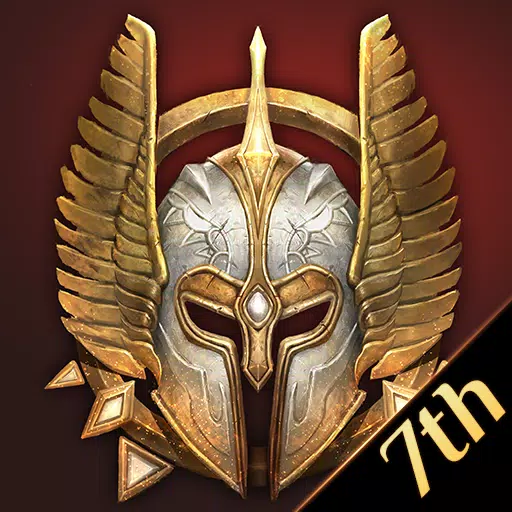Monster Hunter: A Global Gaming Phenomenon
As anticipation builds for its global debut, *Monster Hunter Wilds* has already set impressive pre-order records on both Steam and PlayStation. Building seamlessly upon the legacy of its critically acclaimed predecessors, *Monster Hunter Rise* (2022) and *Monster Hunter: World* (2018), this latest installment cements Capcom's niche RPG series as a global gaming powerhouse.
However, this wasn't always the case. Less than a decade ago, the thought of *Monster Hunter* achieving such widespread acclaim across the globe would have seemed unimaginable. Even further back, when *Monster Hunter* launched in 2004, it garnered mixed reviews. It wasn’t until its transition to the PSP in 2005 that the series truly took off—but only in Japan.
For years, *Monster Hunter* epitomized the "Japanese hit" phenomenon, beloved domestically but relatively unknown elsewhere. Despite this, Capcom remained determined to expand the series' global reach. With *Monster Hunter: World*, *Rise*, and now *Wilds*, their efforts have paid off handsomely.
This is the story of how *Monster Hunter* evolved from a niche domestic success to a worldwide sensation.
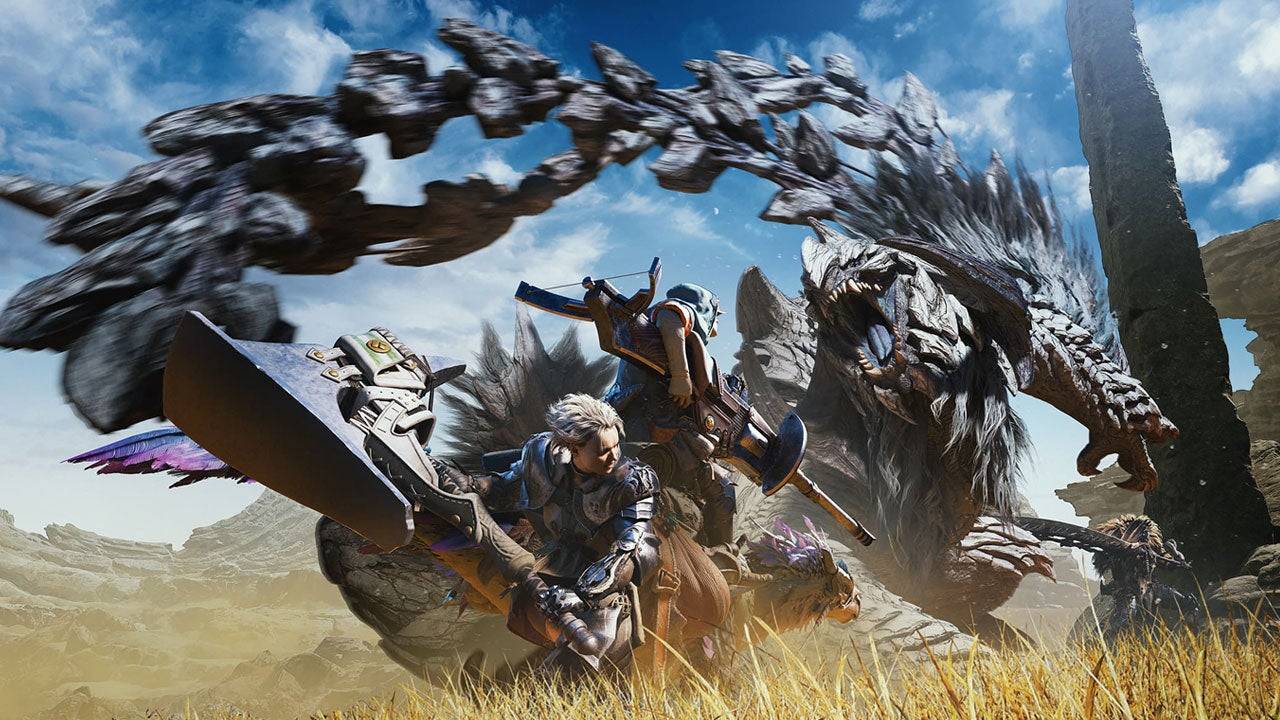
*Monster Hunter Wilds* is already proving to be a massive hit. | Image credit: Capcom
Back in 2016, around the time of *Street Fighter V*'s release, Capcom underwent a significant internal restructuring to prepare for the next generation of games. These new titles would utilize the company’s cutting-edge RE Engine, replacing the aging MT Framework used previously. However, this shift was more than just technological—it marked a cultural pivot toward creating games that catered to a global audience, not just region-specific fans.
“A few key factors came together,” recalls Hideaki Itsuno, a former Capcom game director known for his work on *Devil May Cry*. “The change in engine and the clear directive to create games that appealed to a global market were crucial. Games that are universally enjoyable.”
Looking back at Capcom’s releases during the PS3 and Xbox 360 era, it’s clear the company was heavily investing in capturing the imagined “Western games market.” While *Resident Evil 4* was a commercial success, spin-offs like *Umbrella Corps* and the *Lost Planet* series struggled to resonate internationally. Eventually, Capcom realized it needed to develop games that could captivate audiences worldwide, regardless of regional preferences.
Itsuno emphasizes the importance of this shift. “We focused intently on creating great games that would appeal to players everywhere,” he says. “The period leading up to 2017 was pivotal. Changes in organization, tools, and mindset all aligned around that time.”
The launch of *Resident Evil 7* in 2017 marked a turning point for Capcom, sparking a resurgence that continues today.
No series embodies this global ambition better than *Monster Hunter*. Although it had passionate fans in the West, the series was significantly more popular in Japan for decades. Despite its global potential, real-world factors initially confined *Monster Hunter* to its homeland.
Firstly, *Monster Hunter* surged in popularity on the PSP with *Monster Hunter Freedom Unite*. The handheld gaming market has historically thrived in Japan, thanks to devices like the PSP, DS, and more recently, the Switch. According to Ryozo Tsujimoto, the series’ executive producer, Japanese gamers benefited greatly from the country’s advanced wireless internet infrastructure, enabling seamless multiplayer experiences long before Western markets caught up.
“Twenty years ago, Japan had a robust network environment, allowing reliable multiplayer connectivity,” Tsujimoto explains. “By leveraging handheld consoles, we grew a community of players who could easily interact and hunt together.”
Cooperative play was central to *Monster Hunter*, and Japan’s superior internet made it the ideal platform for fostering friendships and teamwork. As a result, *Monster Hunter* became a domestic juggernaut, with Capcom tailoring content specifically for the Japanese market, further reinforcing its “Japan-centric” image abroad.
Meanwhile, Western fans eagerly watched from afar, envious of exclusive Japanese content. But as the West improved its internet infrastructure and online gaming became standard, Tsujimoto and his team seized the opportunity to create a more globally accessible *Monster Hunter* game.
Released in 2018 on PS4, Xbox One, and PC, *Monster Hunter: World* marked a seismic shift for the franchise. Moving away from the limitations of handhelds, it delivered AAA-quality console experiences with enhanced graphics, expansive maps, and larger-than-ever monsters.
“Our approach to globalizing the series ties directly into both the game’s design philosophy and its name,” Tsujimoto reveals. “Calling it *Monster Hunter: World* was a nod to our desire to appeal to a worldwide audience.”
Importantly, *World* avoided giving the impression of favoring one market over another. It launched simultaneously globally, with no region-specific exclusives—a move that resonated strongly with international fans.
But the transformation wasn’t just about timing. Extensive global testing and feedback shaped *World* into a universally appealing experience. “Focus tests and user feedback across the world influenced our game systems and contributed significantly to its global success,” Tsujimoto notes.
One notable change inspired by this process was displaying damage numbers when attacking monsters—a seemingly minor tweak that made the game more accessible to newcomers.
These incremental improvements propelled *Monster Hunter: World* and its sequel, *Monster Hunter Rise*, to sales figures exceeding 20 million copies each. Such growth didn’t happen by accident; instead of altering the essence of *Monster Hunter* to fit Western tastes, Capcom refined its unique mechanics while remaining faithful to the series’ core identity.
This strategy persists in *Monster Hunter Wilds*, which within 35 minutes of its release hit 738,000 concurrent players on Steam—more than double *Monster Hunter: World*’s previous peak. Reviews and future updates suggest *Wilds* could soon surpass even the monumental achievements of its predecessors.
- 1 Roblox Forsaken Characters Tier List 2025 Feb 14,2025
- 2 Pokemon Go’s first Community Day of 2025 will feature Sprigaito Jan 05,2025
- 3 Holiday Thief Arrives in Seekers Notes Dec 26,2024
- 4 Watcher of Realms Is Dropping New Heroes and Skins This Thanksgiving and Black Friday! Dec 30,2024
- 5 Marvel Rivals' Controversial Hitbox System Draws Attention Feb 11,2025
- 6 Jujutsu Kaisen Phantom Parade: Tier List Update for 2024 Dec 28,2024
- 7 How To Find and Beat the Storm King in LEGO Fortnite Jan 05,2025
- 8 Goddess Of Victory: Nikke Is Dropping a New Year’s Update and Collabs with Evangelion and Stellar Blade Soon Jan 04,2025
-
Mastering the Art of Digital Tools
A total of 10
-
Hidden Gems: Unexpectedly Useful Other Apps
A total of 10
-
Ultimate Strategy Gaming Experience on Android
A total of 10










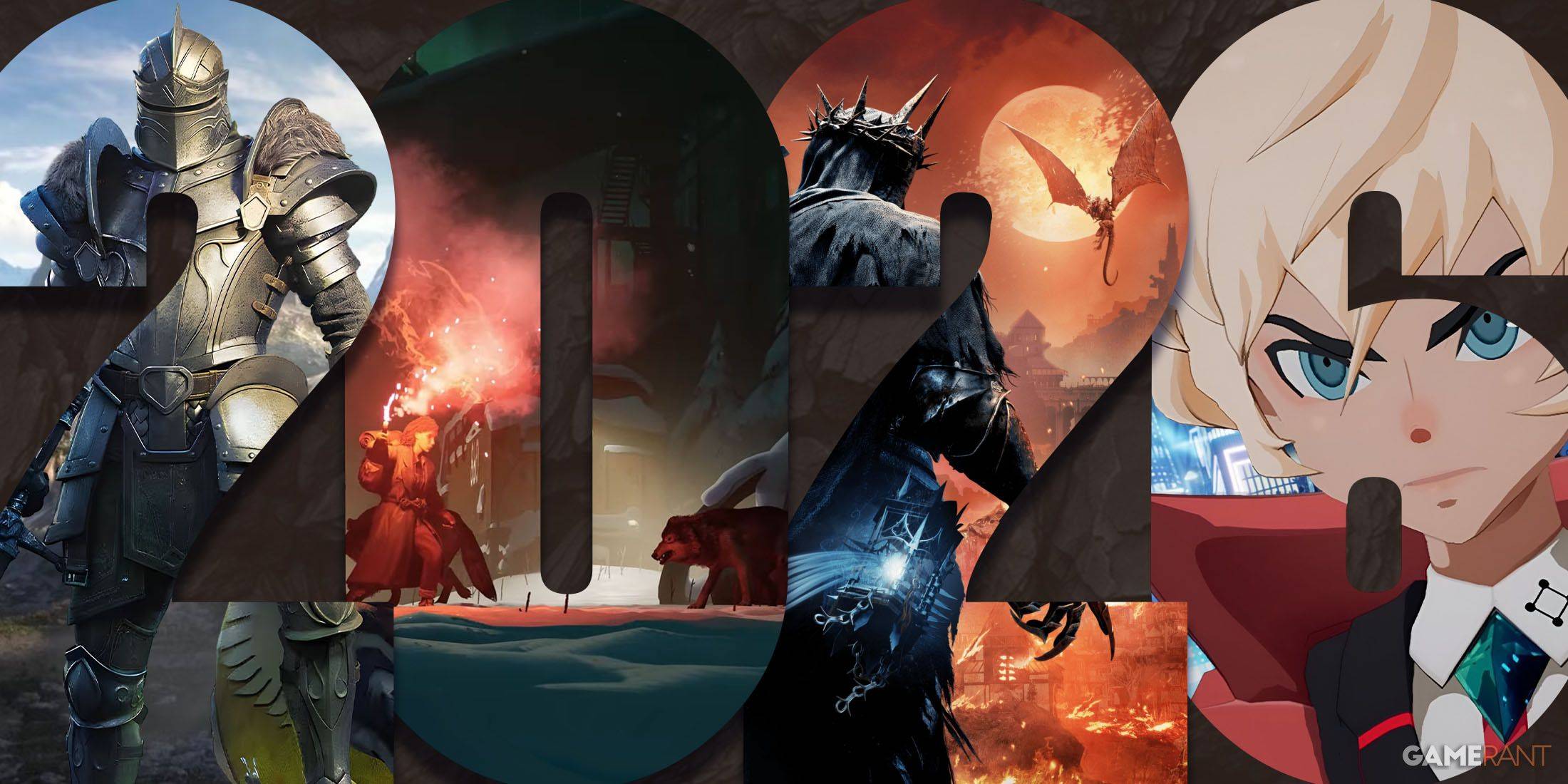

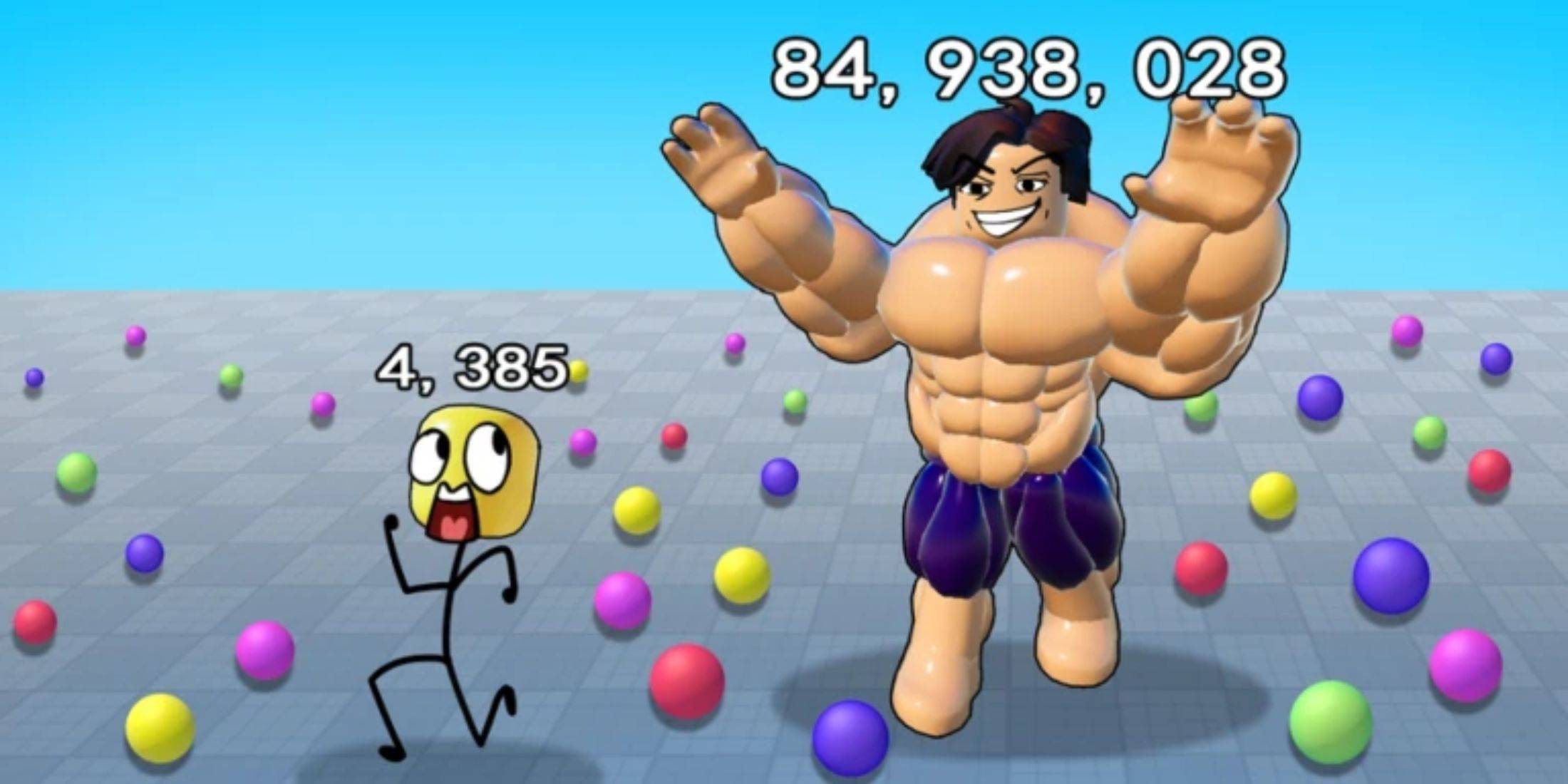
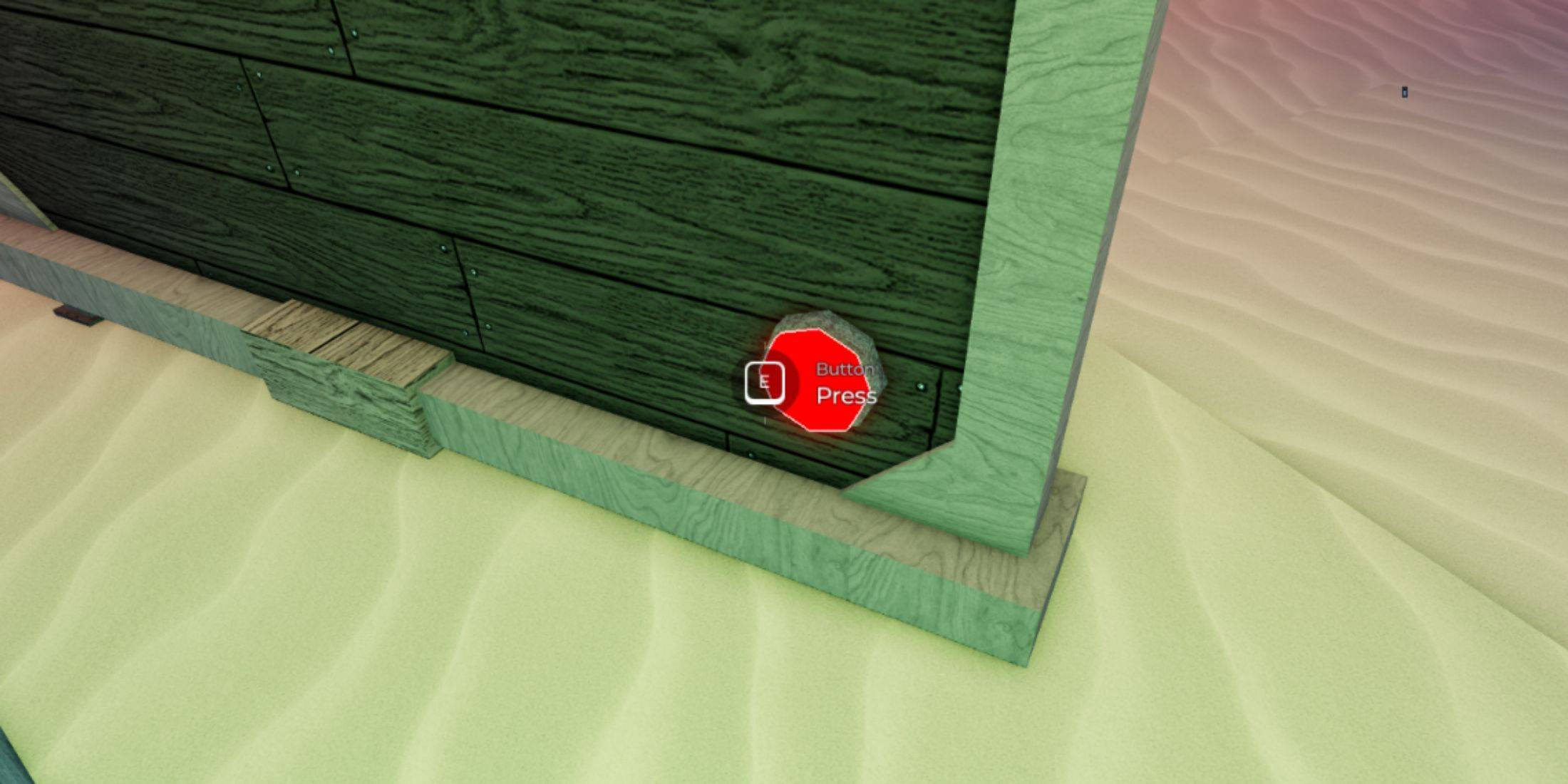

![LeMOMnade: Family Squeeze! – Version 1.1.1 [mtrellex]](https://img.3xbz.com/uploads/38/1719569762667e8d62c486e.jpg)
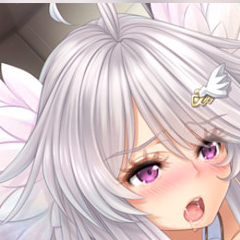
![My Cute Roommate 2 – New Version 1.0 Extra [Astaros3D]](https://img.3xbz.com/uploads/38/1719606486667f1cd652f1a.jpg)










